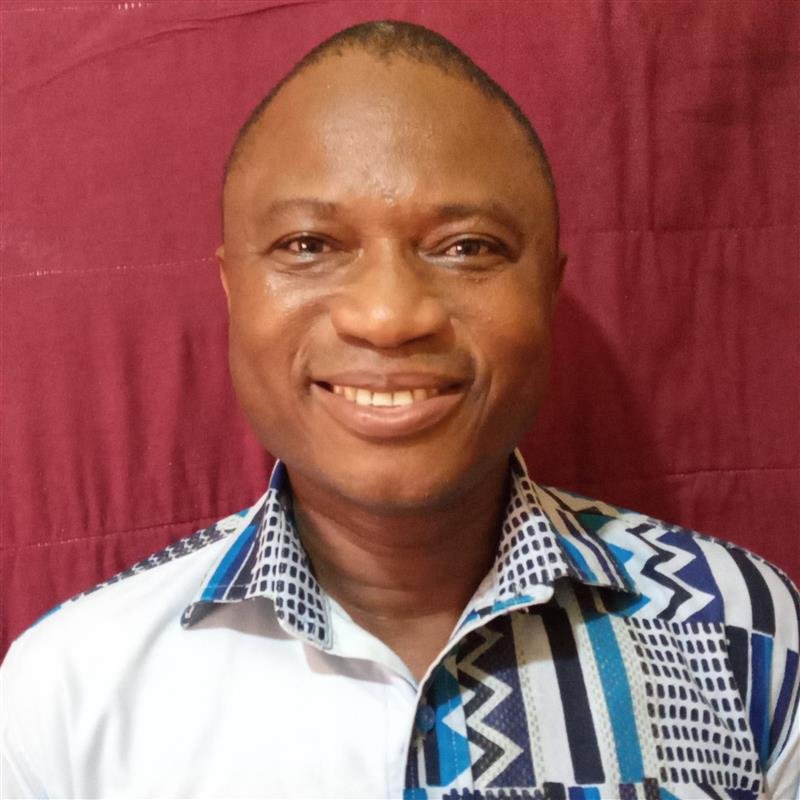Bongo Town, a small agrarian community at the heart of the Bongo District, is home to families that largely depend on millet farming. Women here are known for their skill in shea processing and basket weaving.
Daily life in Bongo revolves around agriculture and small-scale trading, including the sale of local drinks made from millet, such as pito and zomkom.
During a recent visit, I met Abana Salifu, a 62-year-old mother of four. She sat by her neatly arranged table near the Bongo market, selling handmade goods. When asked if water access had improved in the past month, her answer reflected a cautiously optimistic shift.
Water in Bongo is supplied by the Community Water and Sanitation Agency (CWSA), which operates a piped system connected to a 150-cubic-metre storage tank. This system serves approximately 318 households and includes 18 standpipes for residents without home connections. The town’s population currently stands at 8,351.
Until recently, water supply in Bongo was highly unreliable. Only one functional borehole contributed to the system, and it often took up to three days to fill just 40% of the storage tank. Many residents reported waiting weeks to receive water – if at all.
In some cases, water arrived at night or during working hours, making it difficult for households to access. As a result, many turned to alternative boreholes—often contaminated with unsafe fluoride levels—or paid up to GHS 15 for 250 litres from private vendors, compared to CWSA rate of GHS 12 per 1,000 litres.
Complicating matters further is the widespread fluoride contamination of underground water in the area. Many boreholes once deemed safe have shown increased fluoride concentrations in recent years.

In 2024, tests revealed that even boreholes constructed by WaterAid within the last five years now exceed safe fluoride limits. Some have since been capped. Though the water may appear clear, fluoride has left many residents—especially children—with brown-stained teeth and it has been linked to joint pain in adults.
The Ghana Water Company’s Vea Dam system, which is located in and runs pipelines through Bongo district, does not supply the Bongo town directly. This is due to concerns over pricing and technical risks associated with integrating its network into CWSA distribution system, which would compromise CWSA’s ability to manage volumes and distribution.
However, progress is being made. With support from WaterAid and the Zochonis Charitable Trust, recent interventions have begun to improve the situation. Two existing boreholes previously fitted with handpumps -located outside high-flouride zones and with a combined yield of 10.8 cubic metres per hour – have been mechanised and connected to the piped system. As a result, water supply has improved in recent weeks, with some households now receiving water every other day. It’s an encouraging step forward.
Still, challenges remain. There growing concern about how long these new boreholes will remain fluoride-free, given the rising underground fluoride levels across the region. Bulk fluoride treatment is prohibitively expensive, and household-level treatment options are limited or unreliable.
The Traditional Council of Bongo, CWSA, the District Assembly, and development partners are now jointly calling for urgent government support. They are advocating for a comprehensive, sustainable solution that includes investment in technical and financial feasibility studies to ensure long-term access to safe, fluoride-free water – not just for Bongo town, but for the entire Bongo District.
These challenges are compounded by climate change. Rising temperatures and increasingly erratic rainfall in northern Ghana are reducing groundwater recharge while increasing water demand – adding more pressure to an already fragile water system.
For now, residents remain cautiously hopeful. But lasting change will require coordinated action, sustained investment, and innovative solutions that ensure both quantity and quality—because clean water should not come at the cost of health.